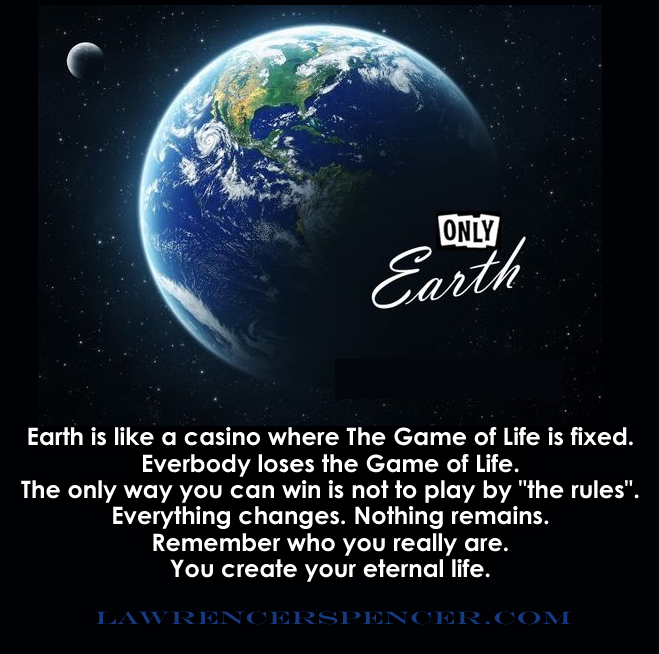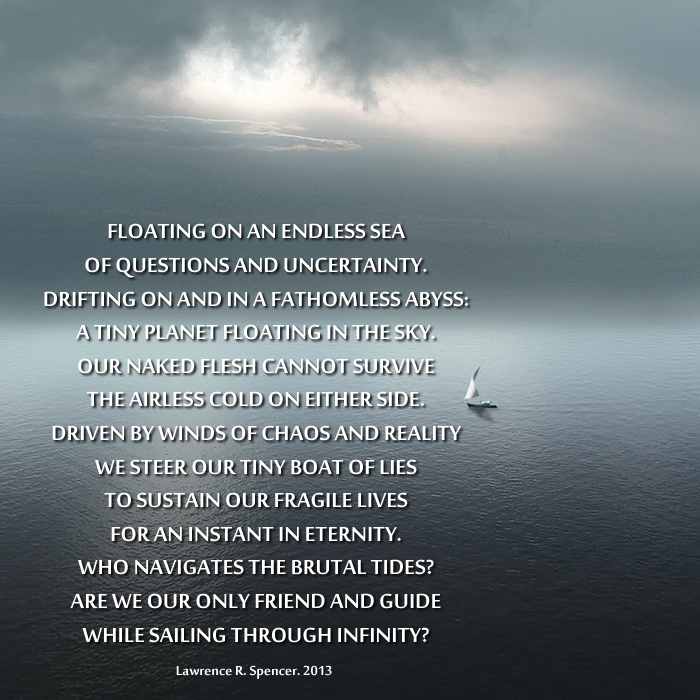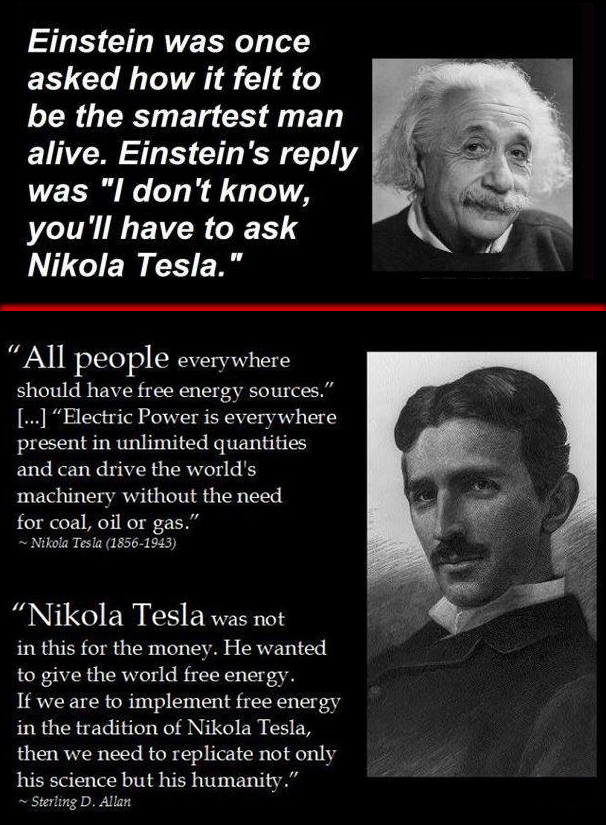Republished by Blog Post Promoter
 Earth is like a casino where the rules of The Game are fixed. You don’t have to play by “the rules”. But, if you do decide to play, here are some tips and tricks to use until you lose. Everyone loses the Game of Life. Everything changes. Nothing remains. Remember who you really are. You create your Eternal Life.
Earth is like a casino where the rules of The Game are fixed. You don’t have to play by “the rules”. But, if you do decide to play, here are some tips and tricks to use until you lose. Everyone loses the Game of Life. Everything changes. Nothing remains. Remember who you really are. You create your Eternal Life.
Limit Your Losses
This is a golden rule of casino gambling. Only risk money that you can afford to lose, and never borrow money to play with.
Know the Rules
Regardless of whether the rules are simple or not, it’s very important that you fully understand them before playing any game. It’s hard enough to win casino games to begin with, and it becomes even more difficult when you don’t understand how to properly play them.
Learn Some Strategy
Most casino games are primarily based on luck, but there are a few games that involve some strategy, too. It’s a good idea to learn the best strategies to use where relevant, as this can help you minimize “The House Advantage”.
Assume You’re Going to Lose
Assume you’re going to lose every time you play in the casino. You’ll be less likely to get upset when you do lose if you take this approach, and when you win, it will be a welcome surprise!
Quit While You’re Ahead
This is the only way you’ll ever win in a casino.
Don’t Chase Your Losses
This is another golden rule: there are going to be times when you are losing money in the casino, and you should never try increasing your stakes in order to recover the money you’ve lost. Just accept that luck isn’t on your side.
Don’t Drink Too Much
A drunken gambler is rarely a successful gambler, so make sure you stay sober enough that you can focus on what you’re doing.
Don’t Rely on “Betting Systems” (like religions, politics, stock markets, etc..)
No matter what anyone tries to tell you, there’s no betting system that will help you beat the casino. The house advantage will always be there, regardless of anything you do.
Don’t Be Rude to “The Dealers”
There’s absolutely no excuse for being rude to a dealer just because you’re losing money, and it could even lead to you being thrown out of “the casino” or being persecuted or killed!
Don’t Miss Out on the “Free Stuff”.
“Free Stuff” includes thinking your own thoughts and following your own dreams. HAVE FUN PLAYING YOUR OWN GAMES!


 Earth
Earth
